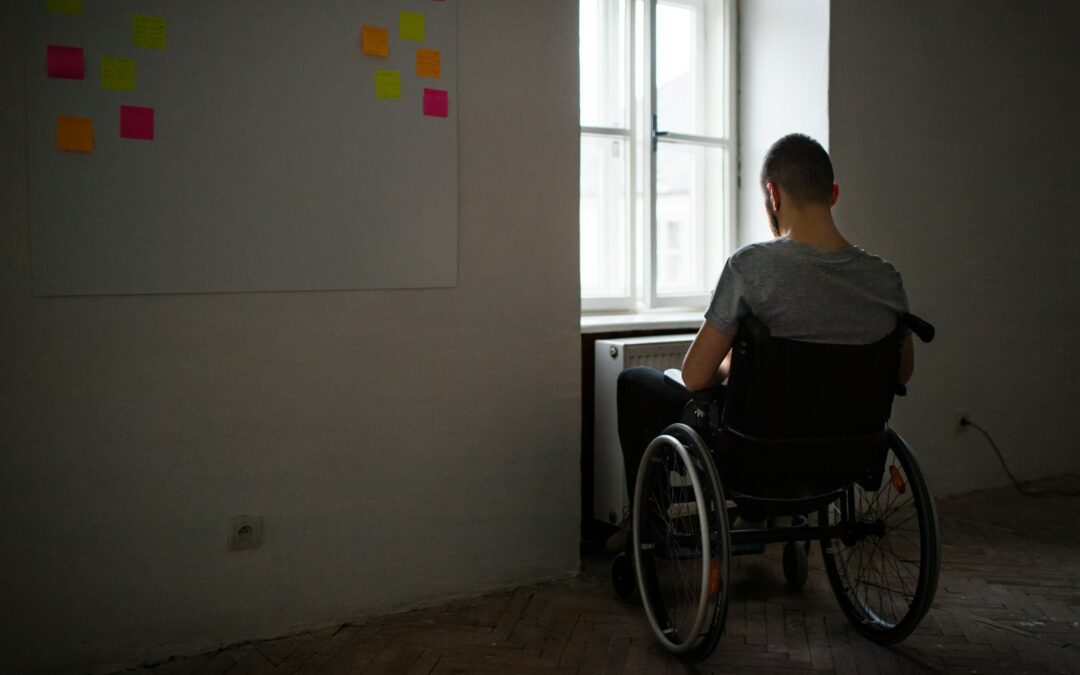|
|
After less than 24 hours in office, President Trump issued a memorandum terminating federal remote work arrangements for millions of government employees. With this act, he was following the lead of many big U.S. companies that are demanding that workers, who had been working remotely since the pandemic, return to the office (RTO). The federal government precedent is sure to see many more businesses follow suit.
While as digital nomad we worry about RTO mandates, since they limit the opportunities open to remote workers, these changes threaten to have much more devastating consequences, especially for workers with disabilities who have begun to thrive in the workforce since the widespread adoption of remote work.
How Changes to Remote Work Threaten Disabled Workers
Around 45 million Americans live with a disability, and the pandemic did a significant amount to benefit disabled workers. While they always had the legal right to request reasonable accommodations from their employers, businesses were not required to provide remote work as an option. When remote work became much more the norm, discussions around remote work as an accommodation became significantly easier. Moreover, people with disabilities working remotely felt less siloed as it became the norm for many workers and many companies adopted remote-first policies towards communications.
As a result, the number of people with disabilities in the workforce has increased to 22.7% over the last five years, a historic high, largely thanks to the possibility of working remotely. But as many businesses now want everyone back in the office, many workers, disabled and otherwise, are forced to choose between returning to the office (which might be impossible) or leaving their position.
Amazon is one of the companies making it harder, having revised its disability policy to make it more difficult for employees to receive remote work exemptions as art of disability accommodations. Remote work requests now require a multilevel leader review, raising the bar for approval and potentially forcing workers to share personal medical information with multiple managers. Approvals be accompanied by trial periods, that place unusual pressure on workers to perform to prove their level of contribution while working remotely.
This is bad news for people with disabilities who have managed to build and grow careers over the last five years. It is also bad for companies, who lose access to diverse talent. It is also bad for the country, as it pushes people out of the workforce and reduces productivity.
What Next for Disabled Federal Employees?
The federal government has always been an attractive employer for disabled workers, employing the highest percentage of people with disabilities in the workforce. It is a big enough organization to allow for flexibility and accommodations, and to give disabled employees health insurance.
Now that Trump is mandating a return to the office, and setting a high bar for accommodations, many are likely to be forced out of the workforce. The government has already shown that they will take a hard line, with Elon Musk threatening to suspend funeral workers who don’t return to the office.
Government observers suggest that these new policies, which are part of a broader anti-DEI (Diversity, Equity & Inclusion) narrative, threaten to silo disabled federal workers into specific unskilled jobs, which will reverse years of workforce development.
While it is a specific threat to federal employees, where the government leads the country follows, and we might see similar trends emerging across the country.
Impact on Digital Nomads
Digital nomads should be worried about these developments in solidarity with those with disabilities in the workforce who are most greatly affected, but these changes also promise to hit close to home.
This marks an alarming acceleration of the RTO trend, which will lead to a shrinking pool of remote work opportunities. This could even impact freelancers. As companies start to place greater value on face-to-face presence, they may also want to meet with contractors and freelancers in person.
With fewer remote opportunities available, but an increasing number of people valuing the flexibility of remote working since the pandemic, competition for remote roles promises to be fierce. Digital nomads may be unduly affected as companies are less willing to make accommodations for international contracts when they have other options available.
Even for companies that still accommodate remote working, an ideological shift back to teams being in the office could see remote workers operationally siloed, reducing the satisfaction and productivity of remote workers.
In short, this is a top-down attack on the remote work ecosystem that threatens to impact everyone who benefits from it.









